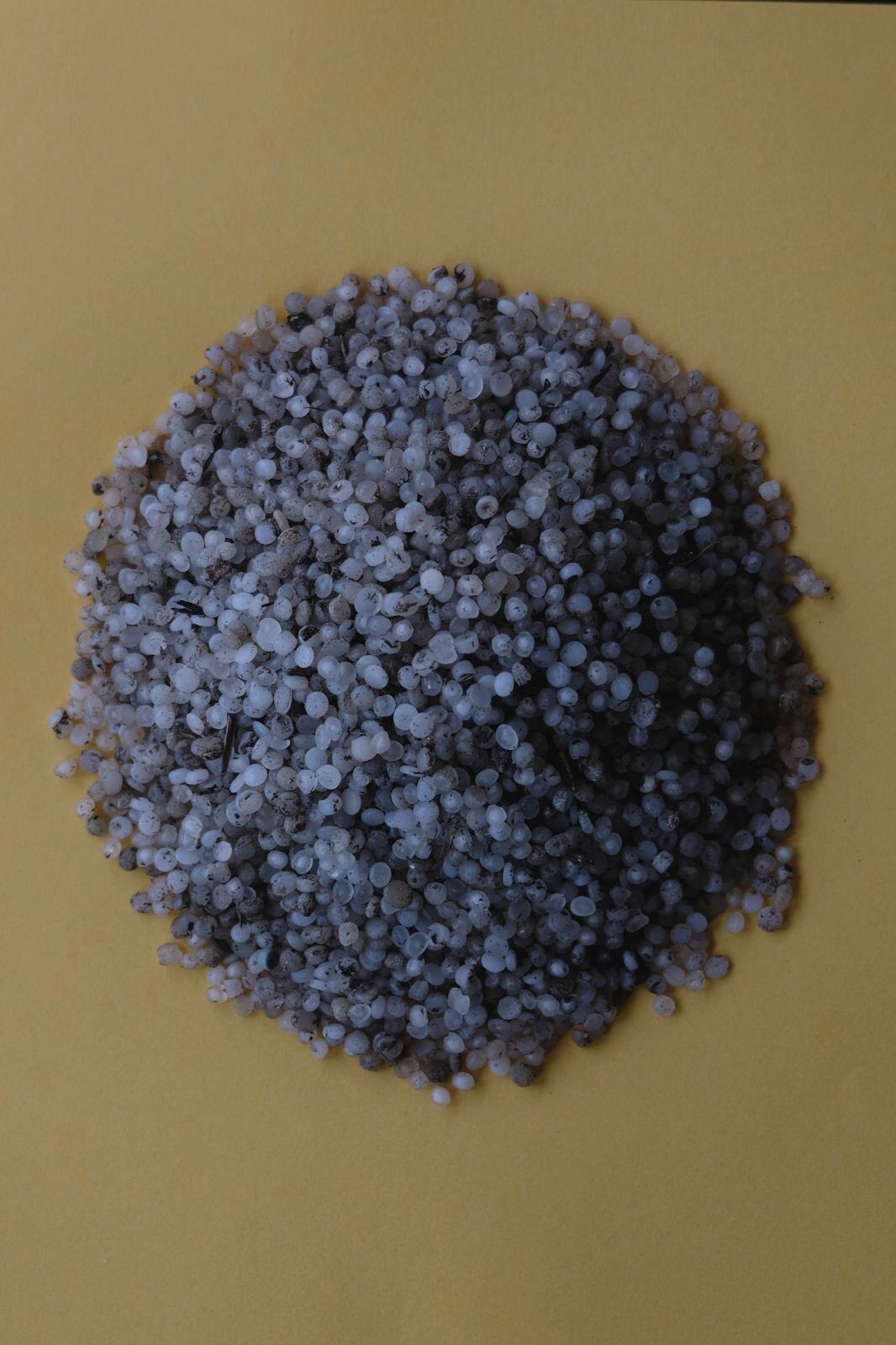
Plastic pellets, also known as "nurdles," are the building blocks of plastic manufacturing. These tiny microplastics are intentionally produced to be melted and molded into everyday plastic items, such as bags, bottles, and single-use containers.
However, due to their lightweight and small size, plastic pellets are easily spilled into the environment at various stages of the supply chain. Once released, they are incredibly difficult to clean up and can persist in ecosystems for decades. Worse yet, these pellets leach toxic additives, further contaminating our waters and harming marine life.
Birds, fish, turtles, and other aquatic creatures frequently mistake plastic pellets for food, as they resemble fish eggs and tadpoles. When ingested, these plastics can cause internal injuries, starvation, and death. As the plastic moves up the food chain, it poses potential long-term health risks for humans as well.
Charleston is facing a pervasive plastic pellet pollution crisis. The city’s port is one of the largest in the United States for international plastic exportation, yet there is little to no regulation on the spillage of these pellets. As a result, nurdles are regularly found in our waterways, beaches, and streets, threatening the health of our community and environment.
With the right legislative reforms, this issue can be tackled. Proper regulations on plastic pellet handling, storage, and transportation can significantly reduce spills and keep our environment clean. But policy change won’t happen without public awareness and advocacy.
The Charleston Chapter of the Surfrider Foundation is holding regular cleanups to collect and track plastic pellets in partnership with PIRG and Charleston Waterkeeper. At their January cleanup, volunteers found over 5,700 nurdles in the downtown Charleston marsh alone, highlighting the scale of the problem.
Join us for these community plastic pellet sweeps to see the problem firsthand, learn more about its impact, and take action. Visit the Charleston Surfrider website and follow them on Instagram (@charlestonsurfrider) to stay informed about upcoming events, legislative updates, and other ways to make a difference. Together, we can push for stronger protections and ensure a cleaner, healthier Charleston for future generations.